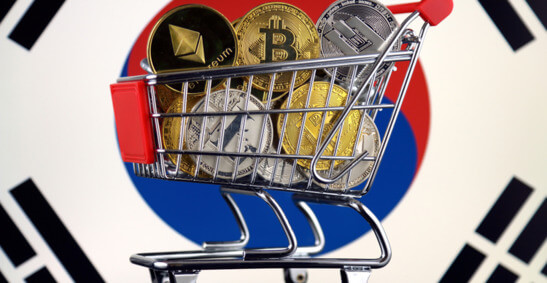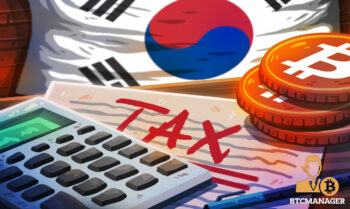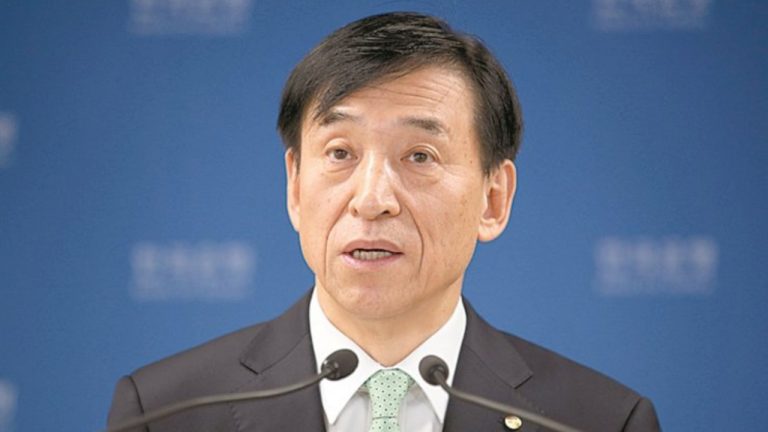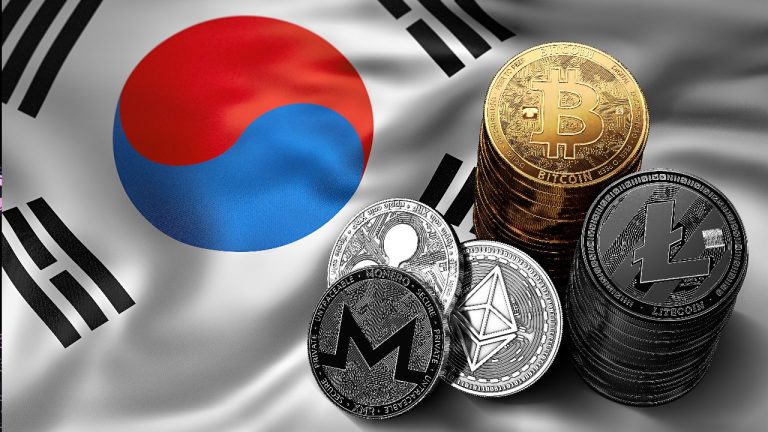
2022-3-16 04:01 |
Digital Assets in Korea: A Policy Approach to Smart Regulation
The emergence of blockchain technology and digital assets is transforming the global financial landscape into a more accessible, transparent, fair and efficient system. This transformation has resulted in the development of new use cases and the opening up of new markets, providing innovative pathways for individuals and businesses to access and build a more inclusive global financial system.
However, as is often the case with emerging technologies, the full scale and scope of this impact from a policy perspective is difficult to understand, and future trends are even more difficult to predict. This emergence means new types of organizations are providing new services and products—which in turn provide significant benefits to the economy—but could also potentially pose new forms of risk. The technological and economic characteristics of blockchain and digital assets therefore require smart regulation.
Regulators and policymakers are faced with the unique challenge of striking a delicate balance between fostering innovation, while simultaneously ensuring sufficient safeguards are in place to reap the full benefits of this technology.
K-Pop: Korean Popularity with Blockchain and Digital Assets
The APAC region dominates the digital banking sector and has become a global leader in digital payments solutions. More specifically, Korea has long been an early adopter of new technology and has been quick to embrace new innovations and opportunities, including blockchain and digital assets. And it’s a vibrant market: Total market size for digital assets has grown to USD 45.9 billion, and daily transactions on Korean exchanges have reached USD 9.4 billion with BTC (13.6%), ETH (12.4%), and XRP (10.2%) as the top three digital assets traded.
This growing popularity puts crypto in Korea under the spotlight, with policymakers wanting more regulation for consumer protection and as a tool to better manage AML (Anti-Money Laundering) risks, specifically around exchanges. Initial steps have been taken: In March 2020, South Korean Parliament passed an amendment to the Act on the Reporting and Use of Specific Financial Transaction Information which came into effect a year later, extending licensing requirements to virtual asset service providers.
However, while the policy intent is sound, the broad scope of implementation has meant that almost all entities that offer solutions using digital assets are brought within scope of the regulation – even if they’re not considered exchanges. This renders onshore firms hesitant to join the digital assets movement, ultimately stifling innovation and causing a chain reaction of backlash from crypto investors. Needless to say, additional regulatory reform is in high demand and was a hot topic in the region’s most recent presidential election.
A Policy Framework for Digital Assets
At Ripple, we have long been advocates of clear, well-defined regulatory policy as a key driver to further expansion and global adoption of digital assets. We believe this is essential for achieving a more financially inclusive future and a world without economic borders.
In an effort to help support further innovation in Korea, we recently partnered with Oxford Metrica, a UK-based leading advisory firm, and GBC Korea, a blockchain-based M&A platform based in Seoul, to publish a whitepaper that provides a policy framework for digital assets and crypto in Korea. The paper, titled “A Policy Framework for Blockchain and Digital Assets in Korea,” (with a Korean translation) provides recommendations for Korean policymakers and regulators to further develop the blockchain landscape by enacting a smart regulatory framework, and encourages the participation of financial institutions throughout the region.
The paper examines a series of digital asset taxonomies across various jurisdictions, and proposes recommendations for further developing the use of digital assets in Korea. This includes:
Adopting a digital asset taxonomy aligned with global best practices – providing a clear distinction between payment tokens, utility tokens, and security tokensImplementing a risk-sensitive digital asset regulatory framework to provide certainty and encourage innovation in the sectorFostering digital asset innovation sandboxes to allow market participants to test new and innovative products, services and business models with end-users in a controlled environment with regulatory oversightPromoting public-private collaboration through active dialogue between regulators and market participantsThe paper also explores a cross-border payments use case powered by RippleNet, our blockchain-based global payments network, and our corresponding On-Demand Liquidity (ODL) solution which leverages the digital asset XRP for instant and low-cost cross-border payments, eliminating the need for costly pre-funded accounts. In addition, we outline a mergers and acquisitions use case using GBC Korea’s GMAP platform.
Results Are In: Hunger for Blockchain Development Abounds
To gauge the appetite for development of blockchain technology among leading Korean financial institutions, Oxford Metrica conducted a survey of the CEOs or Chairpeople of the largest financial institutions in Korea. The survey found that there was considerable interest in further blockchain development.
Key findings from the survey include:
A resounding 100% of respondents indicated an interest in and were actively pursuing the idea of adopting blockchain technology as part of their mainstream operations. In examining respondents’ progress towards implementing the technology, 40% had already developed a proof of concept and 60% were in the pilot stage of implementation. In terms of lines of business being pursued, 80% were focused on payments, while 20% were focused on capital markets.It’s clear that a framework for virtual asset regulation in Korea is needed. Our hope is that the proposed policy recommendations will provide legal clarity to the industry, its markets, and consumers on the nature of blockchain and digital assets throughout the region. Each of the policy proposals—whether implemented separately or together — can succeed in achieving the goal of fostering innovation while ensuring sufficient safeguards, now and in the future.
The post Why Policy Regulation for Crypto in Korea is Key appeared first on Ripple.
origin »Decentralize Currency Assets (DCA) на Currencies.ru
|
|






















